How to Avoid Photographic Image Copyright Issues Online and Where to Obtain Rights-Free Pictures
How to Avoid Photographic Image Copyright Issues Online and Where to Obtain Rights-Free Pictures
In today’s digital age, images play a crucial role in enhancing the visual appeal and effectiveness of online content. Whether you're running a blog, building a website, or managing social media, using images can help communicate your message more effectively. However, using images found online without considering copyright can lead to legal issues, fines, and damage to your reputation. Here’s how you can avoid photographic image copyright issues and where to obtain rights-free pictures legally.
Understanding Image Copyright
Copyright is a legal protection that grants the creator of an original work exclusive rights to use and distribute it. This includes photographs and other visual content. If you use an image without the creator's permission, you may be infringing on their copyright, which can lead to legal consequences.
Common Misconceptions:
"If it's on the internet, it’s free to use." This is a common myth. Just because an image is publicly accessible does not mean it is free to use.
"I can use images as long as I credit the photographer." While giving credit is important, it does not replace the need for permission or licensing.
"I’m only using a small part of the image." Even if you crop or edit an image, you may still be infringing on the copyright.
Understanding these basics helps you recognize the importance of using images legally.
How to Avoid Copyright Issues
Use Your Own Images:
The safest option is to use images you have taken yourself. This way, you hold the copyright, and you can use the images freely.
If you’re not a photographer, consider investing in equipment or hiring a professional photographer to create unique content for your brand.
Obtain Proper Licensing:
If you want to use someone else's image, ensure you have the right license. Licenses vary and may include rights for commercial use, alterations, or distribution.
Licensing can be obtained through platforms that sell images, like Getty Images or Shutterstock. These images usually come with a price but offer peace of mind with legally binding usage rights.
Understand Creative Commons Licenses:
Creative Commons (CC) licenses allow creators to give others permission to use their work under certain conditions. These conditions vary, from allowing only non-commercial use to requiring attribution.
Always check the specific license associated with a CC image before use. Platforms like Flickr or Wikimedia Commons offer large collections of CC-licensed images.
Always Give Credit Where Due:
Even when using images under a license that doesn’t require attribution, it’s good practice to credit the photographer or creator. This not only shows respect but can also protect you if the licensing terms change.
Avoid "Right-Click and Save":
Downloading images directly from websites without checking their copyright status is a risky practice. Always verify the source and licensing of any image before using it.
Where to Find Rights-Free Images
If you need high-quality images but want to avoid copyright issues, consider using rights-free or royalty-free images from trusted sources. Here are some popular options:
A popular platform offering a vast library of high-quality images contributed by photographers around the world. Images on Unsplash are free to use for commercial and non-commercial purposes without needing permission or credit (though credit is appreciated).
Similar to Unsplash, Pexels provides free images and videos with a very permissive license. You can use, modify, and distribute the images without asking for permission or providing credit.
Pixabay offers over 1.9 million images and videos, all free for personal and commercial use. The platform also includes vector graphics and illustrations.
Burst is a free stock photo platform powered by Shopify, designed with entrepreneurs in mind. It offers high-quality images that can be used for commercial purposes, making it ideal for small business owners.
FreeImages offers a wide variety of stock photos available for personal and commercial use. However, be sure to check the individual image licenses as some may require attribution or have other restrictions.
StockSnap offers thousands of free images under the Creative Commons Zero (CC0) license, meaning they can be used for any purpose without permission or credit.
Google’s Advanced Image Search allows you to filter results by usage rights, helping you find images that are labelled for reuse. However, it’s still essential to double-check the license on the original site.
Avoiding photographic image copyright issues online is crucial for maintaining the integrity and legality of your digital presence. By understanding copyright laws, obtaining proper licenses, and using rights-free images from reputable sources, you can protect yourself from potential legal complications while creating visually appealing content. Always remember to respect the work of creators, and when in doubt, consult a legal expert or opt for images that are clearly marked as free to use.
Using images responsibly not only safeguards your brand but also supports the creative community by encouraging fair use and proper attribution.
SimSof Ltd is a Digital Marketing Agency specialising in Web Site creation, Content Marketing and Social Media Marketing. We use leading industry tools to schedule social media posts and perform web site audits. Contact us on 01582 932461 or email us at info@simsof.com to find out more.
